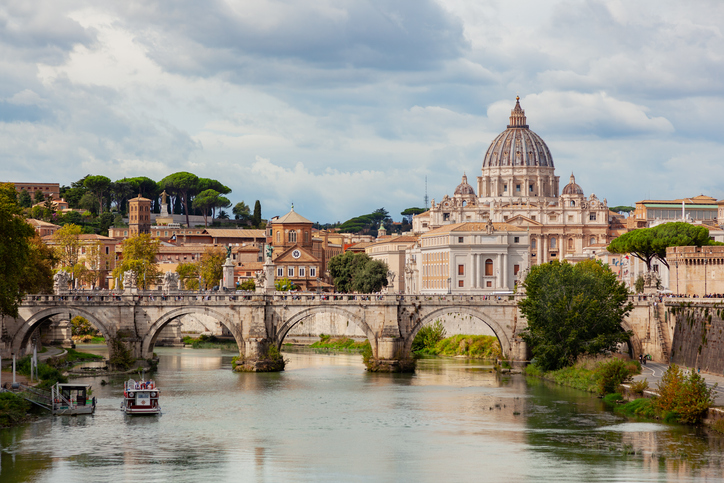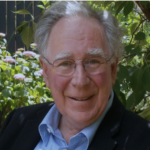Diplomatic appointments usually don’t get much news coverage unless it’s a retiring politician getting appointed. Apparently Australian ambassador to the Holy See is one such plum job.
Since last Friday rumours have been circulating in the media that former Coalition minister, Keith Pitt, will soon be off to Rome to precisely this position.
If true, it’s a surprising appointment. Since 2008 there have been four resident ambassadors; prior to that since 1973, ambassadors to various European countries doubled as ambassadors to the Holy See. Tim Fischer was our first full time ambassador resident in Rome. Appointed by the Rudd government, his approachability and personal warmth, together with the Akubra hat, did wonders in Rome for Australia.
The second appointment was Sydney lawyer, John McCarthy, and he was followed by two professional women diplomats, Melissa Hitchman (2016-2019) and Chiara Porro (2019-2024). These women did amazing work for Australia and were very respected around Rome and when appointed Porro was the youngest person ever appointed ambassador to the Holy See.
Essentially, we’re the only Pacific country with full-time representation at the Holy See and Hitchman and Porro used their positions to build bridges with other nations and used the opportunity that the Vatican provides as a neutral meeting place to promote causes and issues that were part of Australian Government policy and which benefited our Pacific neighbours in particular.
At the time of writing, Pitt has not been formally appointed to the post, but the media seems certain that he will get the gig. If correct, he may well find himself in conflict with many of the emphases of Pope Francis, the author of the radical encyclical letter on the environment, Laudato si’ (2015).
Laudato si’ is revolutionary because it is much more than a theological, moral and spiritual reflection on ecological issues, but a challenging criticism of the whole structure of life, culture and morality in the contemporary world.
Conservative Catholic columnist, Ross Douthat has critically, but correctly, understood that this encyclical is far more than an attack on climate change deniers. Douthat sees the encyclical a complete repudiation of “the whole ‘technological paradigm’ of our civilisation, [on] all the ways (economic and cultural) that we live now” (New York Times, 20 June 2015). Spot on! Laudato si’ was also widely recognised and supported by scientists worldwide.
Pitt, the former conservative Nationals MP for the Bundaberg-based seat of Hinkler, was resources minister in the Morrison Government and is a strong supporter of coal. “If we look at net zero in particular,” Pitt told Sky News, “I think Labor has moved too far, too fast and at too much cost at a time when the Australian people simply can’t afford it.” He told The Australian (20/12/2024) that the commitment to net zero emissions by 2050 “and subsequent green policies that have to be paid for” was hurting regional communities “while there is literally zero impact on the temperature of the planet.” The answer, he says, is coal.
Sure, as ambassador he will be obliged to follow government policy, but you’d have to wonder about the appointment of a former resources minister as ambassador to the Holy See when Francis is still pope.
Apparently, Pitt got the gig because he is a mate of the prime minister and they’ve shared a few beers together. But given the excellent work achieved by the two previous professional diplomats — both appointed by Liberal Julie Bishop when she was foreign minister — you’d think the government would be looking to another professional diplomat to replace Porro whose term expired at the end of last year. Unfortunately for Pitt, it’s unlikely that Pope Francis or his successor would be looking for a mate to share a beer any time.
Pitt’s departure for Rome may be helpful to Albanese politically — although Labor is unlikely to win Hinkler — but it shows little respect for the priorities of the Holy See, let alone the environment.
Paul Collins is an historian, broadcaster and writer. A Catholic priest for thirty-three years, he resigned from the active ministry in 2001 following a dispute with the Vatican over his book Papal Power (Harper Collins (1997)). He is the author of seventeen books, the most recent being The Depopulation Imperative (Australian Scholarly (2021)) and Recovering the ‘True Church’ (Coventry (2022)). A former head of the religion and ethics department in the ABC, he is well known as a public commentator on Catholicism and the papacy and also has a strong interest in ethics, environmental and population issues.

